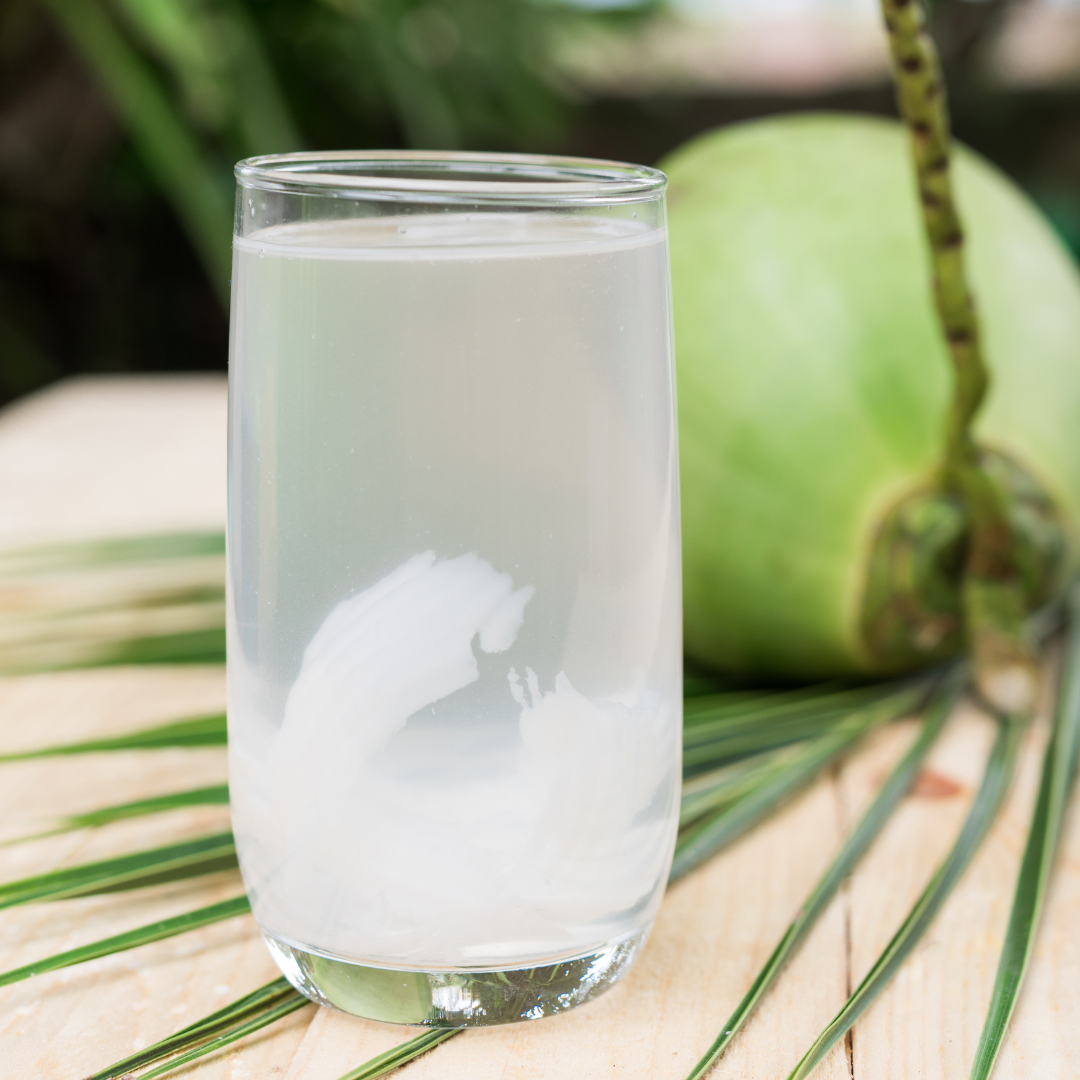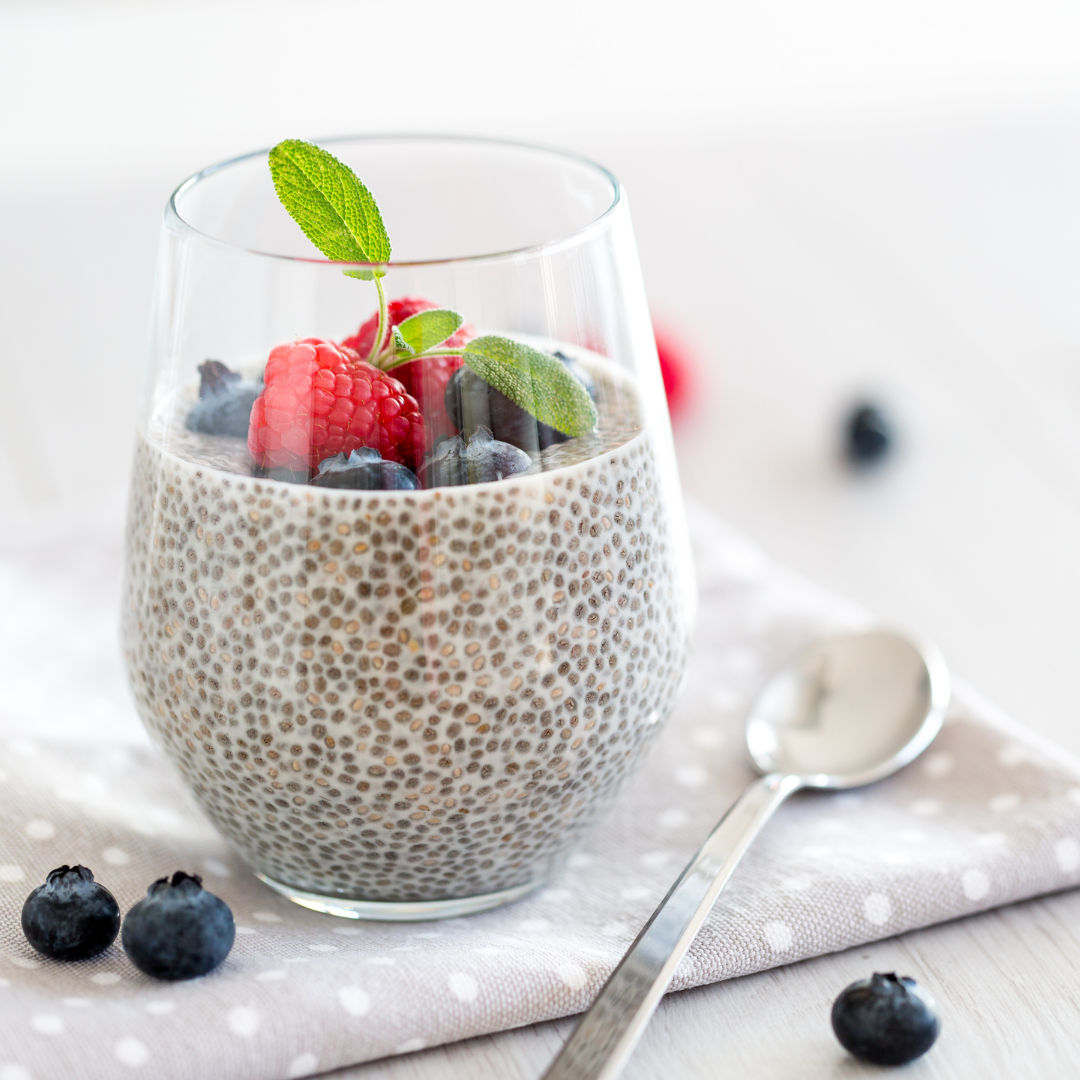 Mar 10, 2024 | by Donor Nexus
Mar 10, 2024 | by Donor Nexus
Whether you're an egg donor contributing to someone's dream of parenthood or undergoing the procedure to retrieve your eggs for IVF, taking care of your body during and after the egg retrieval procedure is crucial for your recovery. Today, we're focusing on an often-overlooked aspect of post-retrieval care: nutrition. What you eat after egg retrieval can significantly impact your recovery, comfort, and overall well-being.
What to Eat After Egg Retrieval: List Overview
Before covering all the amazing benefits of the foods listed below, we figured we'd get straight to the point and first give you a comprehensive list of what to eat after egg retrieval. If possible, opt for higher quality foods, such as organic produce, grass-fed meats, and wild-caught fish. These foods are generally lower in pesticides and harmful additives and often have a higher nutritional profile.
Protein for healing and recovery:
- Meats
- Fish
- Eggs
- Plant-based protein like lentils, beans, tofu
Electrolyte drinks to support kidney function and flush out fluid retention:
- Coconut water
- Other electrolyte-rich drinks
Probiotic-rich foods to support digestive system:
- Yogurt
- Kefir
Soft, easily digestible foods:
- Oatmeal
- Scrambled eggs
- Soups
- Smoothies
Food rich in omega-3 fatty acids, to reduce inflammation:
- Salmon
- Chia seeds
- Walnuts
Fruits and vegetables high in anti-inflammatory properties:
- Leafy greens
- Berries
- Pineapple
Iron-rich foods:
- Spinach
- Red meat
- Lentils
- Fortified cereals
Examples of Egg Retrieval Recovery Meals
- Breakfast: Scrambled eggs with spinach and whole-grain toast, served with a side of mixed berries.
- Lunch: Grilled chicken or chickpea salad with a variety of colorful vegetables, dressed with olive oil and lemon.
- Dinner: Baked salmon with quinoa and steamed broccoli, seasoned with turmeric and ginger.
- Snacks: Greek yogurt with honey and walnuts, smoothies with banana, spinach, and protein powder, or a handful of almonds with an orange.
Understanding the Post-Retrieval Phase
After egg retrieval, it's common to experience mild cramping, bloating, and sometimes a bit of discomfort. These side effects are a natural response to the procedure and the medications used to stimulate the ovaries. Proper nutrition can help alleviate these symptoms, speed up recovery, and replenish the body's reserves.
Hydration is Key (Electrolytes Are Your Best Friend!)

First and foremost, hydration is essential. The process of ovarian stimulation can lead to a condition known as ovarian hyperstimulation syndrome (OHSS), where the body retains fluid, leading to swelling and discomfort. To help manage and prevent this, increasing your electrolyte intake is crucial. Opt for water, coconut water, or electrolyte-rich drinks to help balance your body's fluids and support kidney function.
Protein-Rich Foods for Repair
Protein is a building block for the body, essential for healing and recovery. After egg retrieval, focusing on protein-rich foods can help support overall recovery. Consider incorporating lean meats, fish, eggs, and plant-based protein sources like lentils, beans, and tofu into your meals.
Foods That Are Gentle on the Gut
The procedure and the accompanying medications can sometimes disrupt your digestive system. To ease your recovery, choose foods that are gentle on the gut. Soft, easily digestible foods can minimize discomfort and support digestive health. Think oatmeal, scrambled eggs, soups, and smoothies. Incorporating probiotic-rich foods like yogurt or kefir can also support gut health and promote a balanced microbiome.
Anti-inflammatory Foods to Reduce Swelling

Inflammation and swelling can occur after egg retrieval. Including anti-inflammatory foods in your diet can help reduce these symptoms. Focus on foods rich in omega-3 fatty acids, such as salmon, chia seeds, and walnuts. Fruits and vegetables, particularly leafy greens, berries, and pineapple, are also excellent for their anti-inflammatory properties.
Iron-Rich Foods to Replenish Blood Loss
Following your procedure, you may experience spotting for 1 to 2 days. Although significant blood loss is uncommon, it’s wise to replenish any iron that may have been lost during the process. Iron-rich foods like spinach, red meat, lentils, and fortified cereals can help maintain healthy iron levels, supporting energy and overall health.
Listen to Your Body
Everyone's recovery experience is unique, so it's important to listen to your body and adjust your diet according to your needs and cravings. If you have specific dietary restrictions or conditions, consulting with a nutritionist can provide personalized advice tailored to your situation. By focusing on hydration, protein, gut-friendly, anti-inflammatory, and iron-rich foods, you can support your body's recovery and reduce any pain or discomfort following your egg retrieval.
Empowering You On Your Journey
At Donor Nexus, we understand the importance of comprehensive care throughout the egg donation process and donor egg IVF process. For more resources and support on your journey to parenthood or as a donor, visit our blog and explore our top-rated programs designed to assist you every step of the way.
About Donor Nexus

Donor Nexus is a leading egg donation agency and egg bank in Newport Beach, California, working with egg donors and intended parents worldwide.
Please note, while we aim to provide helpful nutritional tips, this blog does not substitute for professional medical advice. Always consult with healthcare professionals for guidance tailored to your personal health needs.
Our Programs
Donor Nexus is a boutique agency providing egg donors and recipients with a personalized experience.
learn more »Because of you, we have her...
“This was truly an amazing process. In fact, we are thinking about doing it again in the future, if possible. Thank you for existing, because of you, we have her!”
– Intended Parent S.V.


